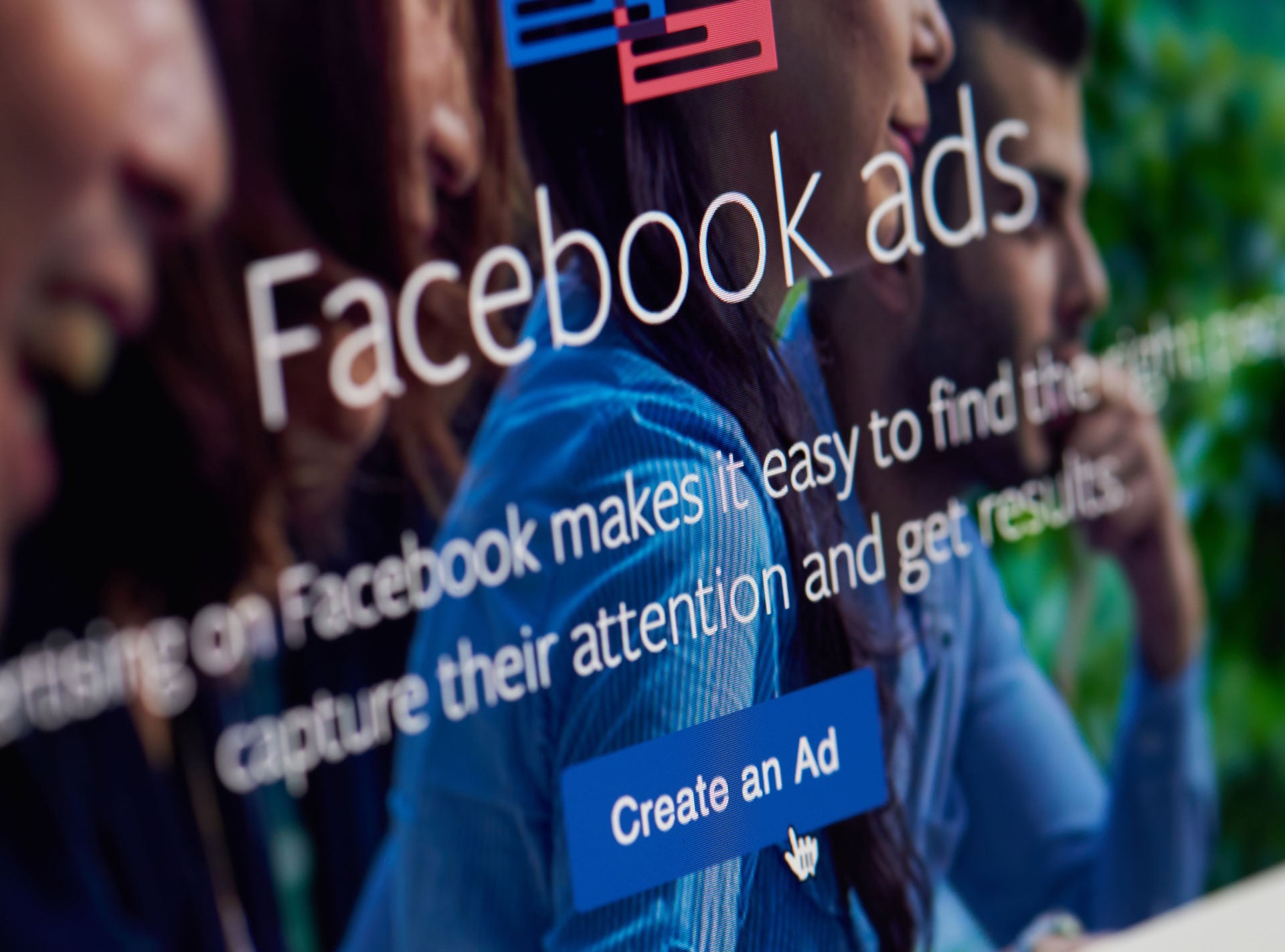Advertisers wield a significant amount of power when it comes to media platforms such as TV and the Internet, however, Facebook may be immune thanks to its unprecedented scale, ease of use, and quite precise targeted advertising capabilities. There simply isn’t an alternative, which is why major advertisers may not be able to stay away, despite their concerns over Facebook’s approach to regulating hate speech on the platform.
Approximately 1,000 brands have joined the Stop Hate For Profit campaign, a movement that is urging advertisers to boycott Facebook in the month of July to pressure the social media giant to step up efforts to remove perceived hate speech posted on its platform.
Small businesses are reliant on Facebook
While popular brands such as Starbucks, Verizon, Coca-Cola and Unilever make big headlines, they only represent a fraction of the revenue Facebook generates from advertising. Facebook made more than $17 billion in advertising revenue in the first quarter alone, and the bulk of sales come from the millions of small businesses that rely heavily on the platform to reach customers globally.
One of the most important features of Facebook is its ability to enable advertisers to find highly relevant audiences via hundreds of demographic, interest and behavior features. Rivals like Twitter have that capability too, but they don’t have the reach Facebook does. It has a collective audience of more than 3 billion monthly users who visit at least one of Facebook’s platforms (Facebook, Messenger, WhatsApp and Instagram). By comparison, Twitter has 386 million active users.
Numbers appear to be holding up
Investors will be waiting to understand what type of impact the boycott had on second-quarter earnings, but it might not be discernible as the Covid-19 pandemic continues to have an impact on revenue as well. In Q1 2020, Facebook said it saw a reduction in the demand for advertising during the last three weeks of March, when quarantines were going into effect globally.
If such a boycott has a discernible impact on Facebook’s financials, it may be forced to take greater measures than it has to police hate speech, but CEO Mark Zuckerberg continues to stand firm in his belief that Facebook is a platform that enables free expression.
How well do you really know your competitors?
Access the most comprehensive Company Profiles on the market, powered by GlobalData. Save hours of research. Gain competitive edge.

Thank you!
Your download email will arrive shortly
Not ready to buy yet? Download a free sample
We are confident about the unique quality of our Company Profiles. However, we want you to make the most beneficial decision for your business, so we offer a free sample that you can download by submitting the below form
By GlobalDataInternet companies like Facebook will always be part of a debate over what should be permissible regarding speech online. The pressure is now coming from both regulators and corporations that advertise on the platform.
However, Zuckerberg can rest in the fact that user numbers are not falling dramatically, and, in fact, all of its platforms have growing audiences thanks to stay-at-home orders. Facebook has weathered many scandals since 2018, largely around data privacy and fake news. None of those have yet to lead to mass exodus of users or advertisers.




Related Company Profiles
Starbucks Corp